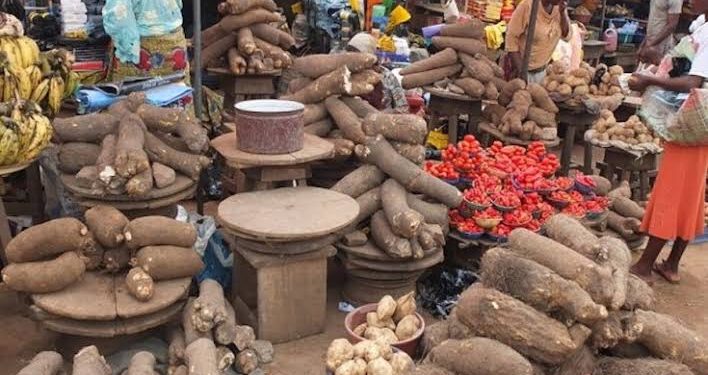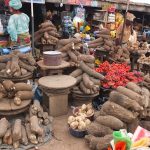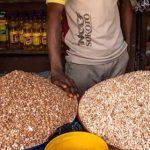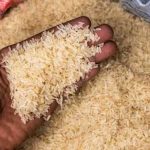Food prices in the Federal Capital Territory (FCT) and its surrounding areas have started to decline, bringing some relief to consumers struggling with high costs. However, while staples like rice, onions, and cooking oil are now more affordable, yam, pepper, and plantain have seen significant price hikes.
A market survey conducted by the News Agency of Nigeria (NAN) across various locations in Abuja revealed that food prices vary depending on market location. Satellite town markets generally offer lower prices than those in the city center.
At Kado Market, a 50kg bag of rice, which was previously sold for between N97,000 and N100,000 in January, now costs N87,000. In Garki Market, the price has dropped from N92,000 to between N81,000 and N83,000. Nyanya Market recorded a more significant reduction, with a 50kg bag of rice now selling for as low as N70,000, down from N90,000–N93,000.
Onions have also seen a drastic price reduction. At the Orange Market along the Abuja-Keffi Expressway, a bag of onions that cost N90,000–N100,000 in January is now selling for N50,000–N55,000. Garki Market reported an even steeper drop, with onion prices falling from N180,000–N200,000 to N55,000–N60,000 per bag.
Other staple food items have followed the downward trend. A bag of Bendel (yellow) garri, which sold for N57,000–N60,000, now costs N55,000 at Karu Market. A 25-litre keg of red palm oil, previously priced between N75,000 and N83,000 in January, now sells for N50,000–N55,000 in Nyanya Market. Groundnut oil has also become slightly cheaper, with a 25-litre keg of Terra groundnut oil dropping from N88,000 to N84,000.
White beans prices have also declined. At Kado Market, a big bag, which was sold for between N150,000 and N200,000 in January, now costs N115,000–N120,000. A mudu of white beans, previously N2,100–N2,300, now sells for N1,700–N1,800, while brown beans, which ranged from N2,200 to N2,800, now costs N1,800–N2,000 at Orozo Market.
Despite the relief from lower prices on some food items, others have surged. Yam prices have nearly doubled in some markets. At Wuse Market, five medium-sized tubers, which previously sold for N8,000–N10,000, now cost N15,000. In Lugbe and Orozo Markets, yam prices have risen from N6,000–N7,000 to N10,000.
Plantain prices have also jumped significantly. A bunch that previously sold for N6,000 now costs between N8,000 and N9,000.
Pepper prices have experienced the sharpest increase. A big bag, which sold for N31,000 in January, now costs N73,000. A big basket of shombo, which was N30,000 earlier in the year, now sells for N36,000.
While the decline in rice, onions, and oil prices brings some relief to consumers, the surge in yam, plantain, and pepper costs is adding strain to household budgets. Many traders attribute the price drops to improved supply chains, seasonal changes, and increased competition in certain markets. However, for items like yam and pepper, supply shortages and higher transportation costs continue to drive prices up.
With mixed trends in food prices, consumers are adjusting their shopping habits, seeking out more affordable options in satellite markets while reducing purchases of high-cost items. If the current trends continue, Nigerians may need to rethink their dietary choices as they navigate the evolving food market.










